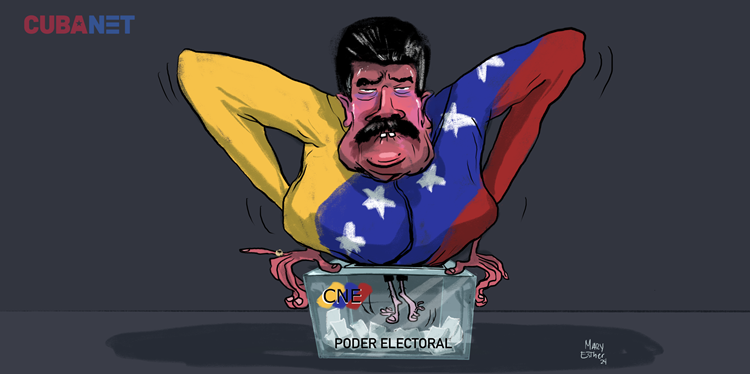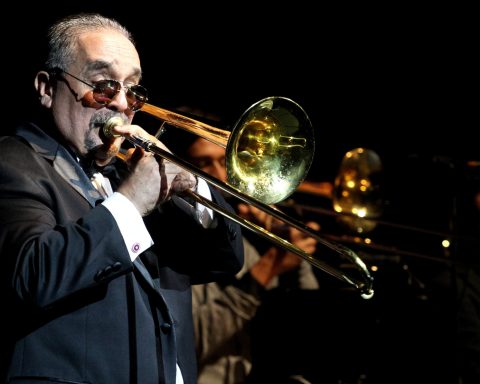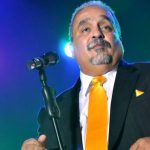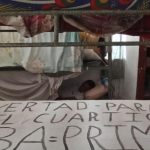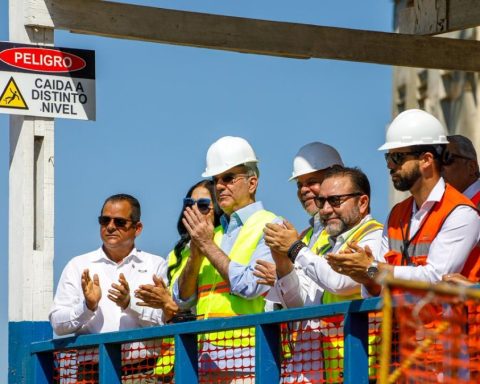AREQUIPA, Peru – Venezuela’s Supreme Court on Thursday upheld Nicolás Maduro’s victory in the July 28 presidential election, dismissing allegations of fraud that have been raised both inside and outside the country.
A total of 11 countries have immediately rejected the TSJ’s decision, including USAChile, Argentina, Costa Rica, Ecuador, Guatemala, Panama, Paraguay, Peru, Dominican Republic and Uruguay.
“Our countries had already expressed their lack of recognition of the validity of the CNE’s declaration, after opposition representatives were denied access to the official count, the non-publication of the minutes and the subsequent refusal to carry out an impartial and independent audit of all of them,” the aforementioned nations stated in a joint statement.
In this regard, the report casts doubt on the “supposed verification” made by the TSJ of the results issued by the National Electoral Council (CNE), both institutions controlled by Chavismo. “It seeks to validate the electoral results” “without support,” it adds.
In contrast, Miraflores issued an official response in which he describes the statement by the 10 Latin American countries and the United States as “rude and insolent.”
According to the Chavista dictatorship, these countries “intend to continue violating international law, committing an unacceptable act of interference in matters that only concern Venezuelans.”
The Maduro regime, which blames the opposition for the post-election protests in Venezuela, stressed that the 11 countries that reject it “endorse and become complicit in criminal violence” that included the “use of transnational criminal gangs hired for this purpose.”
Chavismo also assured that it will “pulverize each and every one of the actions that these countries try to initiate” “through their failed governments against the Venezuelan people.”
He TSJ ruling The court responded to a request from Maduro, who claimed, without providing evidence, that a foreign cyberattack had affected the results. The court, made up mostly of government allies, reaffirmed its support for Maduro, continuing a historical trend of rulings favorable to the regime.
This verdict is part of the Venezuelan government’s attempts to stifle the international protests and criticism that arose after the elections. The opposition, led by Edmundo González, has denounced that Maduro is trying to manipulate the results to stay in power.
According to the opposition, the vote counts from most of the polling stations show that González won by a wide margin. These tallies, with QR codes that allow the authenticity of the results to be verified, contradict the official version of the TSJ.
The TSJ ruling also contrasts with observations by experts from the United Nations and the Carter Center, who questioned the credibility of the official results, pointing out that the authorities did not publish a detailed breakdown of the results, as has been done in previous elections.
Despite international pressure, including demands from the United States and some Maduro allies to make the minutes public, the Venezuelan government has kept these key documents secret. This situation continues to fuel uncertainty and political tensions in the country, where in less than a month the organization Criminal Forum records some 1,674 arrests made by Chavismo.
